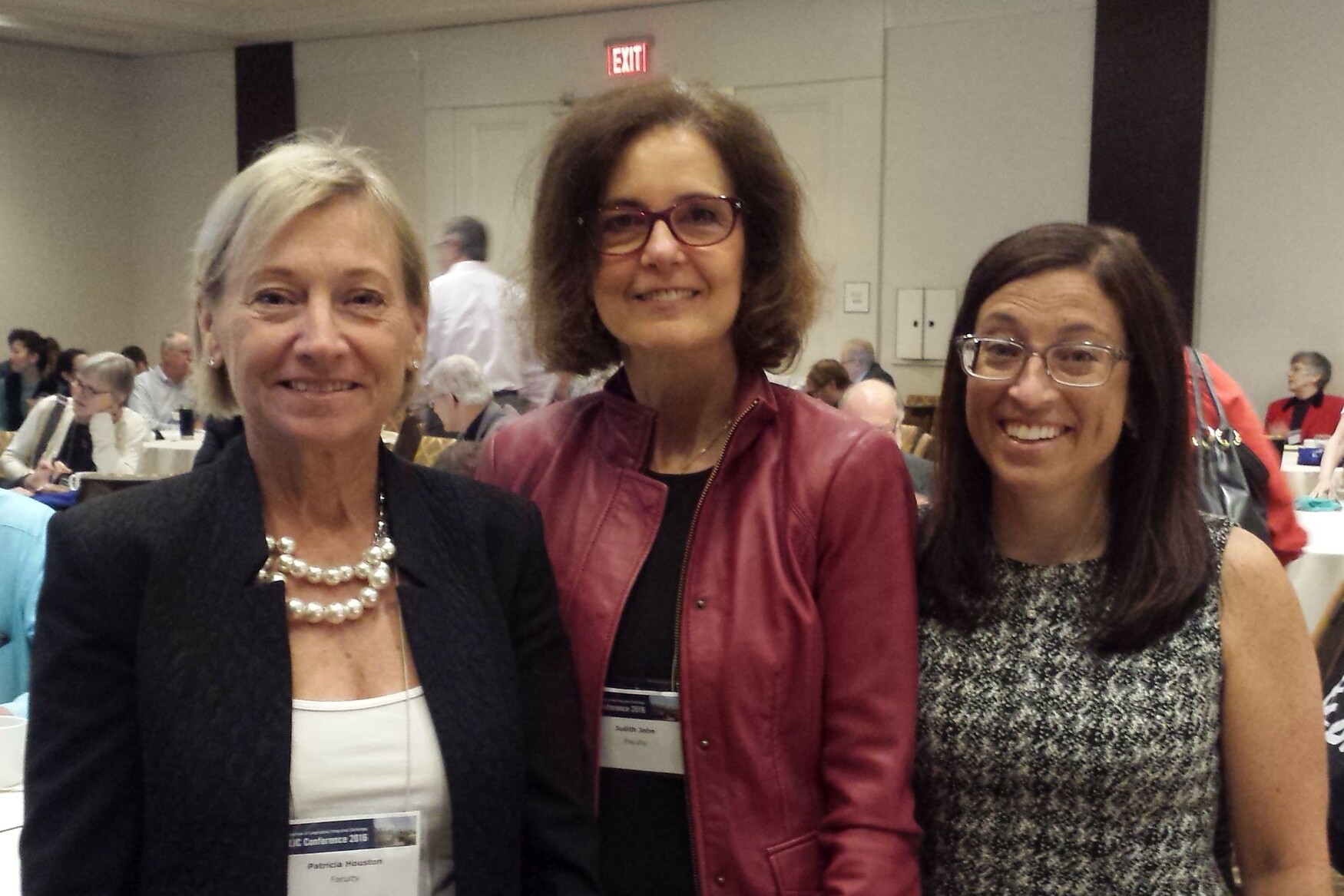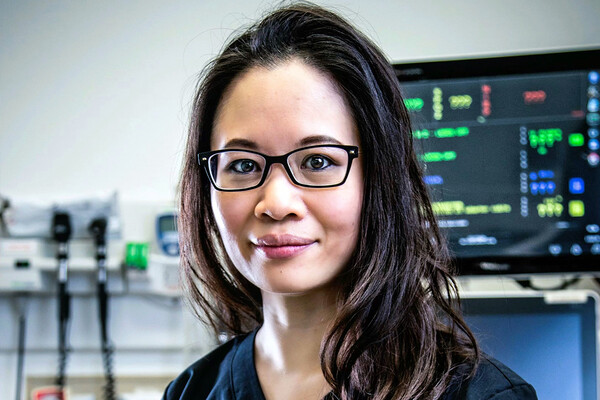Mobile Menu
Mobile navigation
-
MD Program
- Curriculum
- Interprofessional education
- MD Plus: Combined & Dual Degree Programs
- Academies
- Policies and Procedures
- Teaching in the MD Program
- Affiliated programs
- CACMS Accreditation
- Admissions
-
Student Resources
- Office of Learner Affairs (OLA)
- Community of Support
- Summer Mentorship Program
- Student Mistreatment
- Academic Calendar
- Incoming Students
- Resources for Indigenous Students
- Registration Requirements & Requests
- Research Opportunities
- Graduation & Alumni
- Student Tools & e-Resources
- Finances & Awards
- Student Assistance
- School Absences
- About Us
- MD/PhD Program

 Students, faculty, and experts in medical education from across the globe gathered to share ideas, best practices and advance the research agenda for Longitudinal Integrated Clerkships (LIC) in a conference hosted by the University of Toronto and the Wilson Centre for Research in Education.
Students, faculty, and experts in medical education from across the globe gathered to share ideas, best practices and advance the research agenda for Longitudinal Integrated Clerkships (LIC) in a conference hosted by the University of Toronto and the Wilson Centre for Research in Education.  A vast array of poster presentations on October 16 and an engaging plenary presentation by Dr. Charles G. Prober, Senior Associate Dean for Medical Education at Stanford School of Medicine, entitled Reimagining Medical Education set the tone for the days ahead.
A vast array of poster presentations on October 16 and an engaging plenary presentation by Dr. Charles G. Prober, Senior Associate Dean for Medical Education at Stanford School of Medicine, entitled Reimagining Medical Education set the tone for the days ahead.



